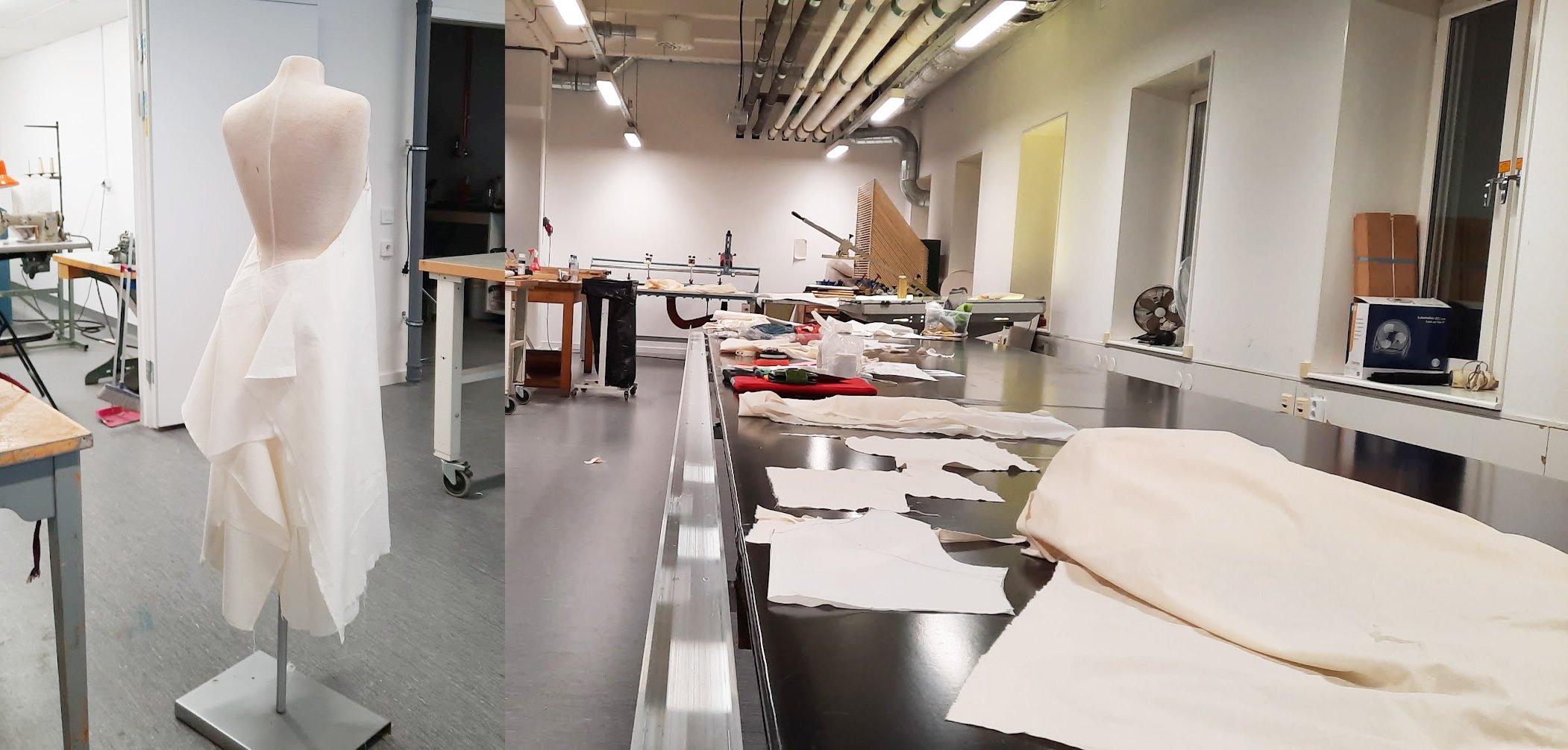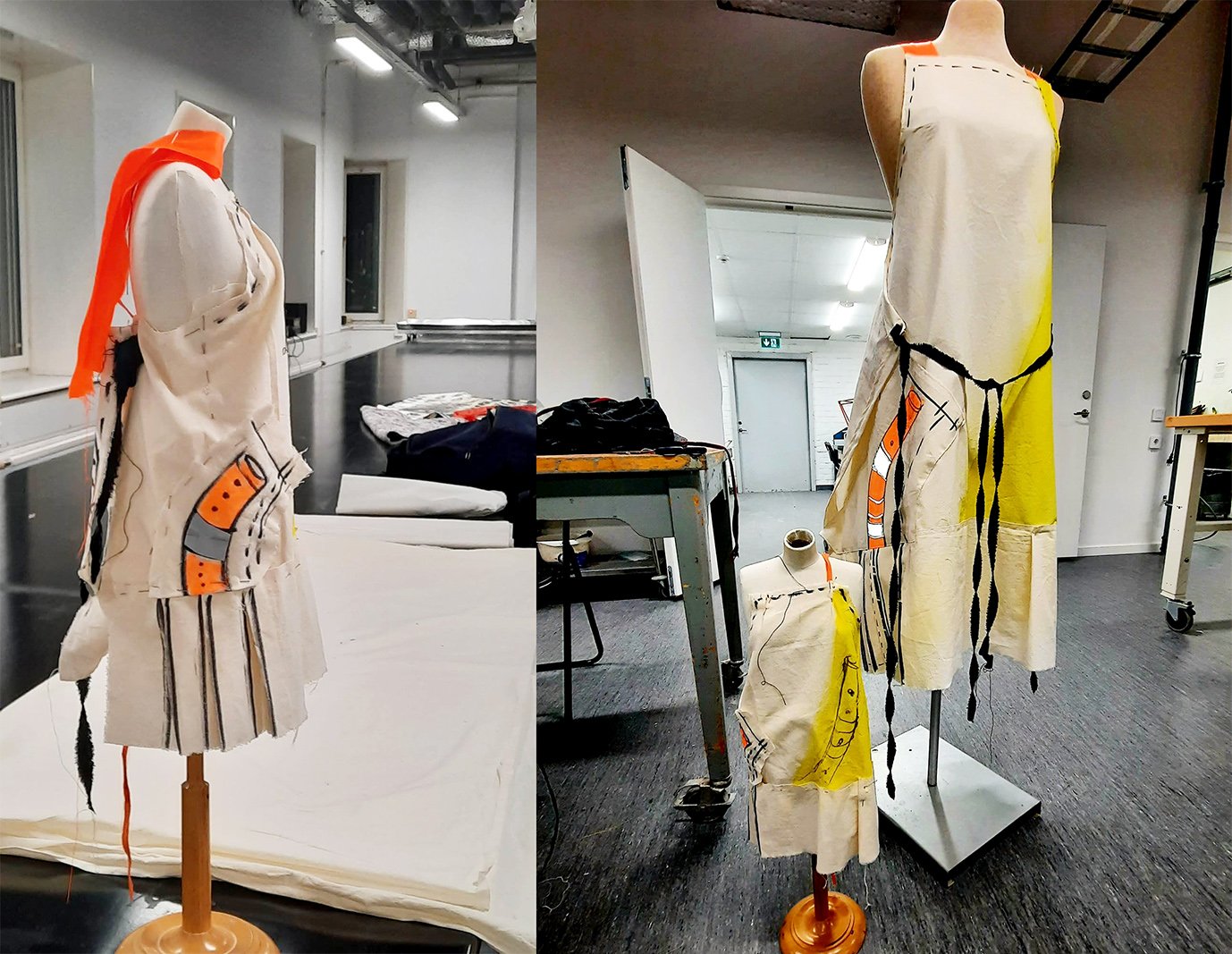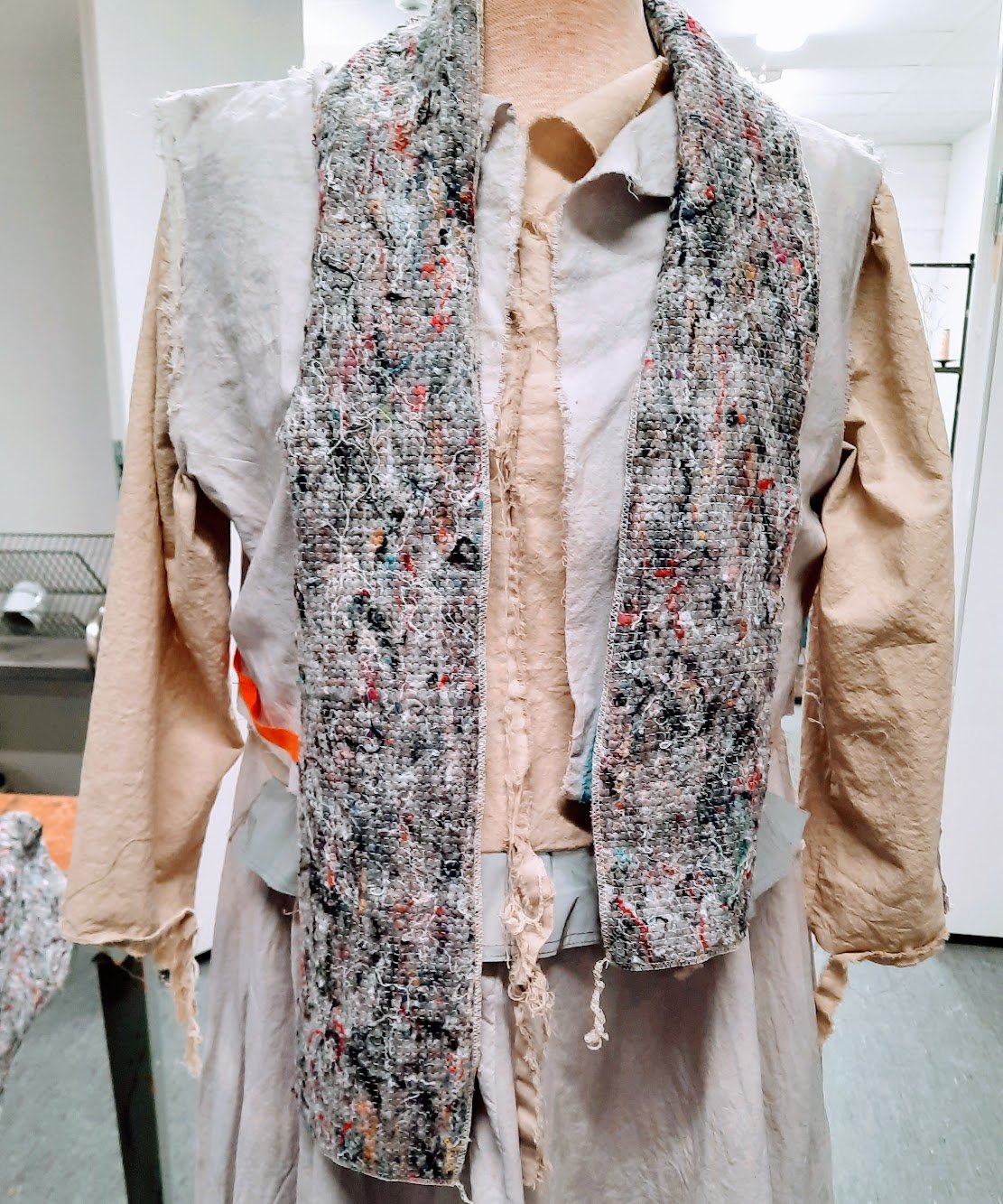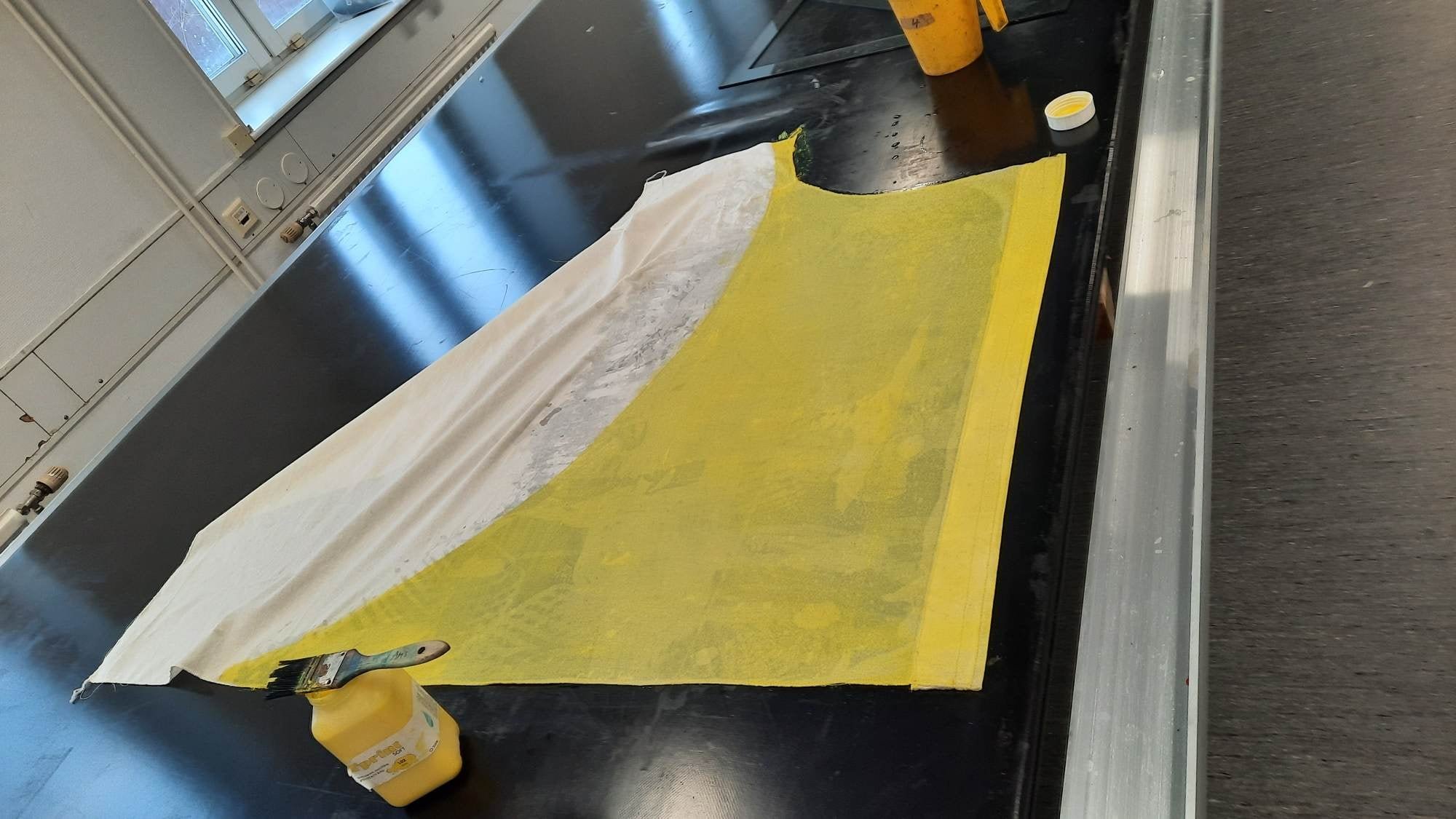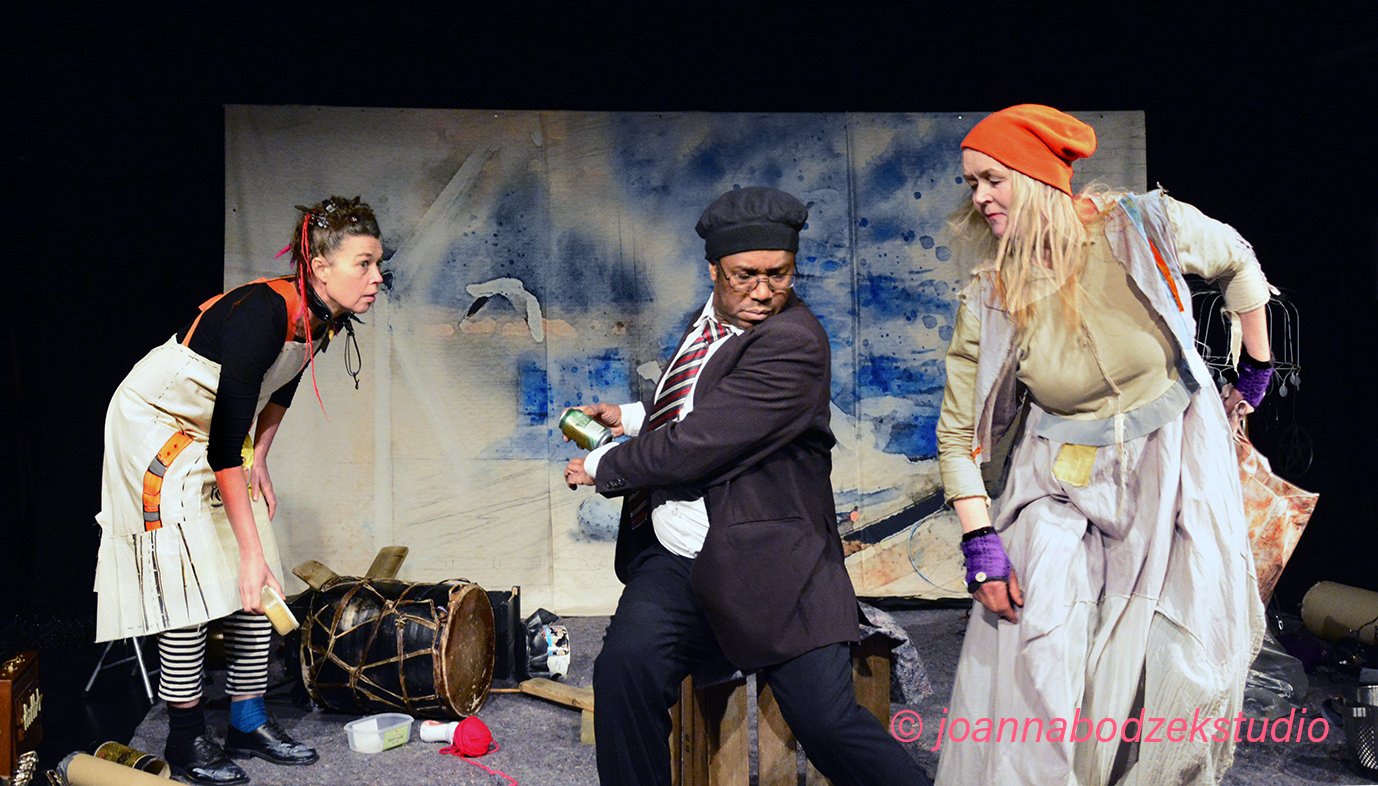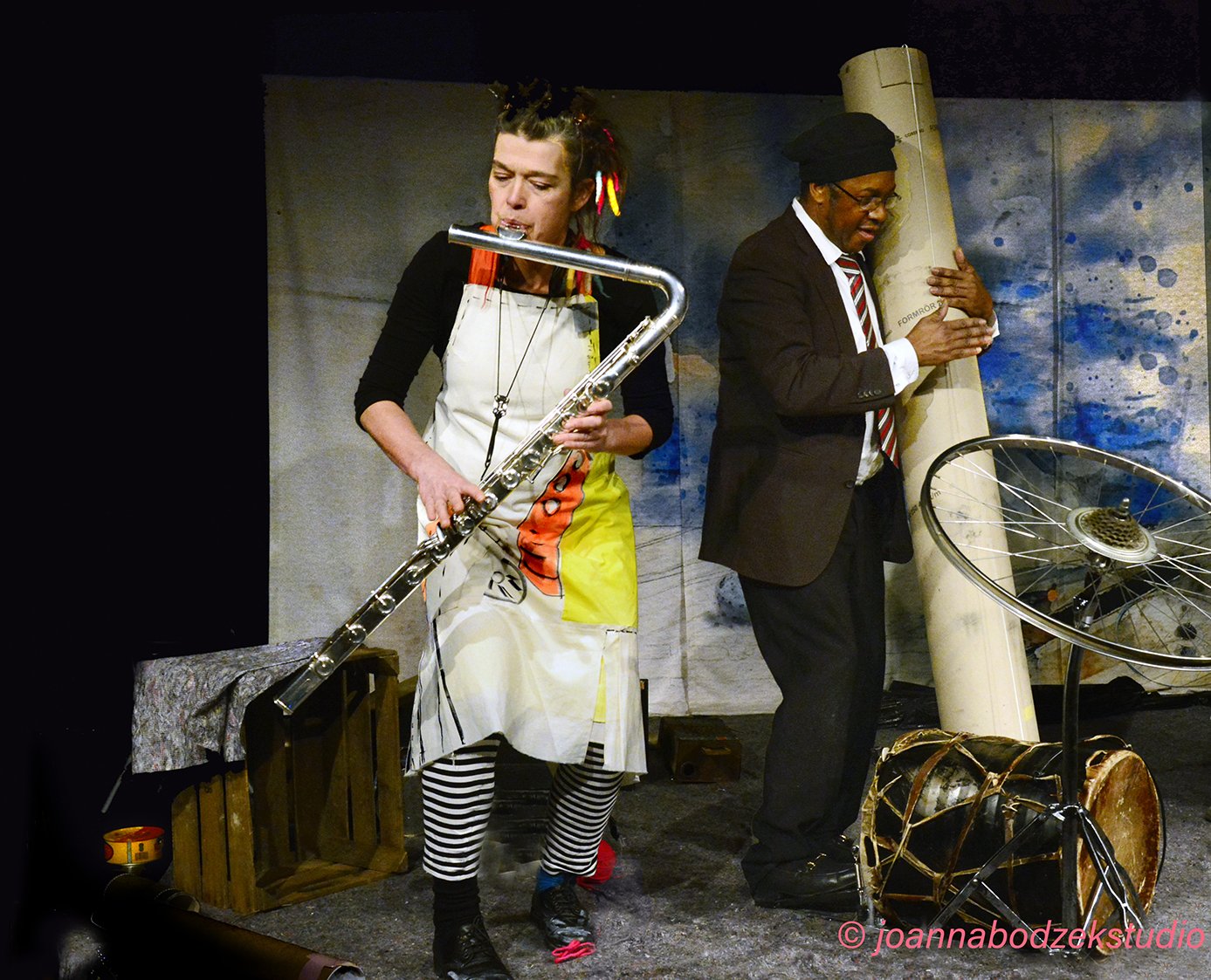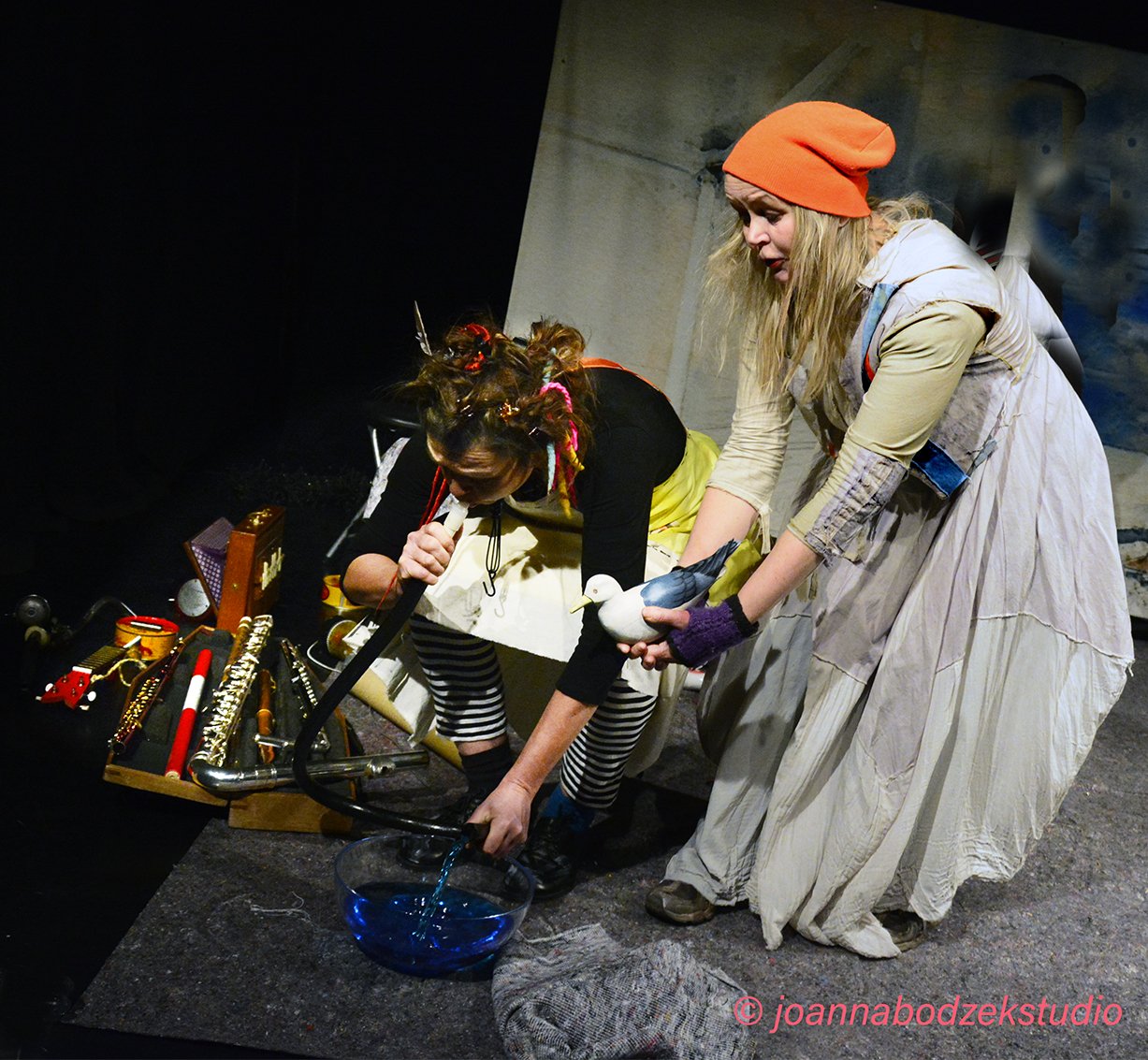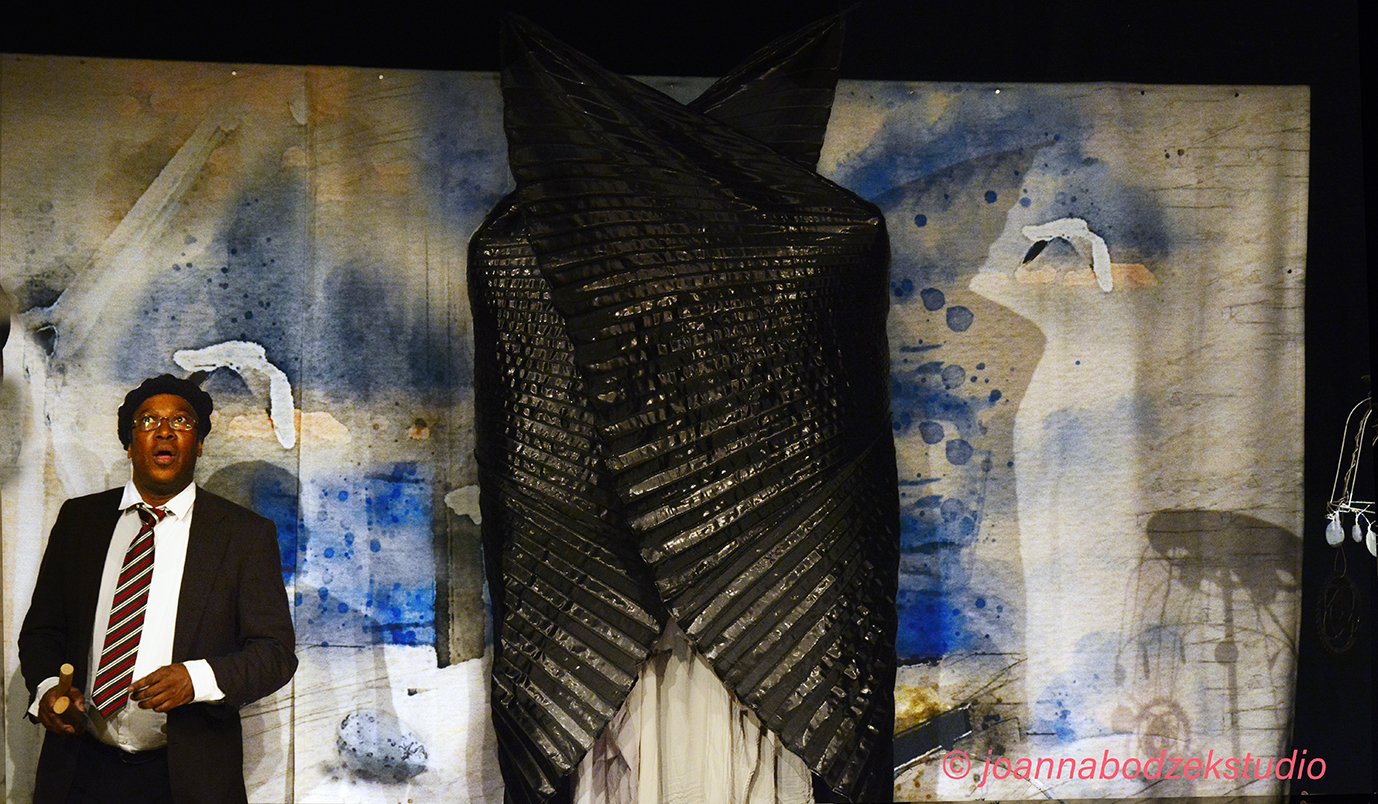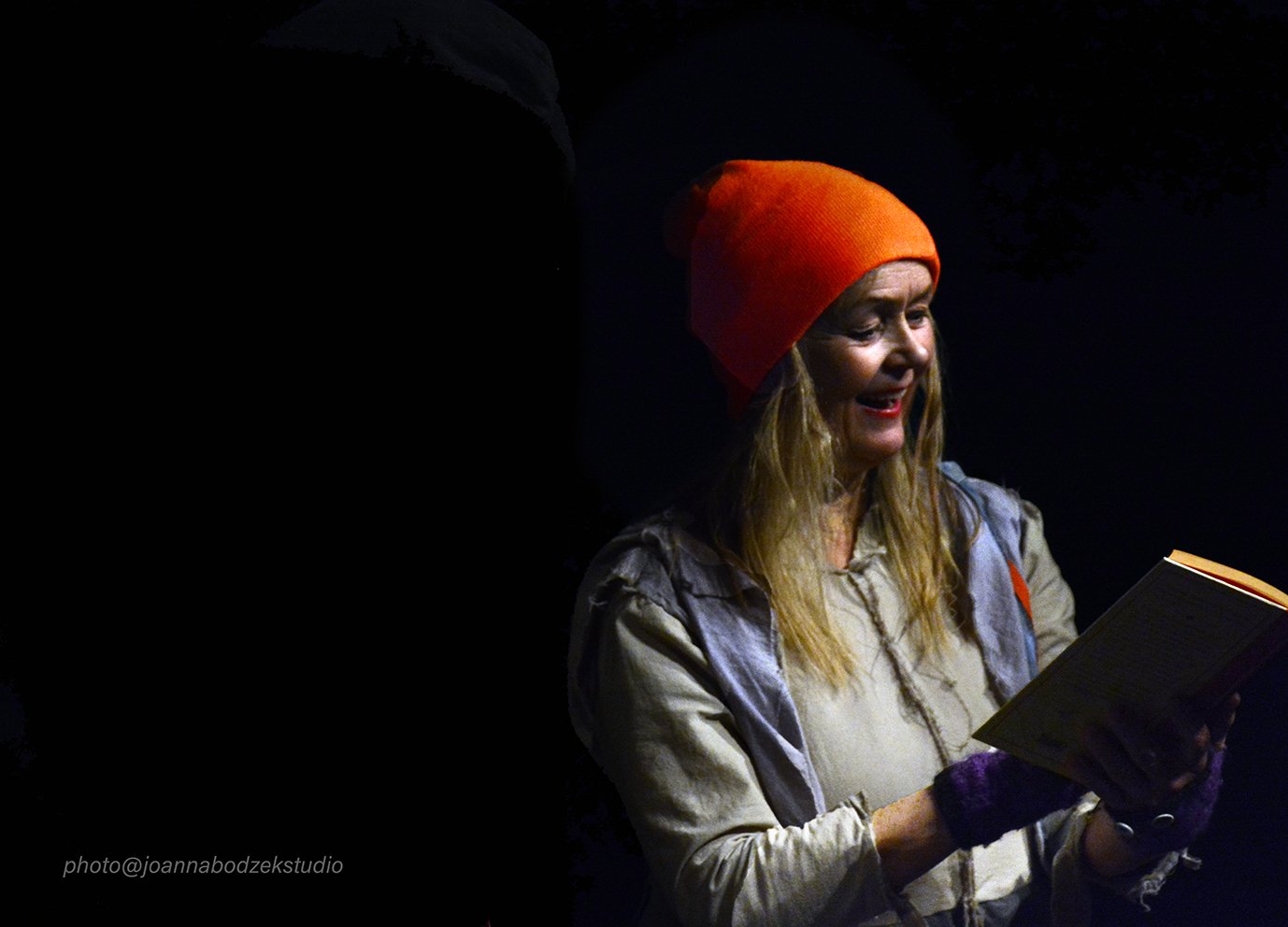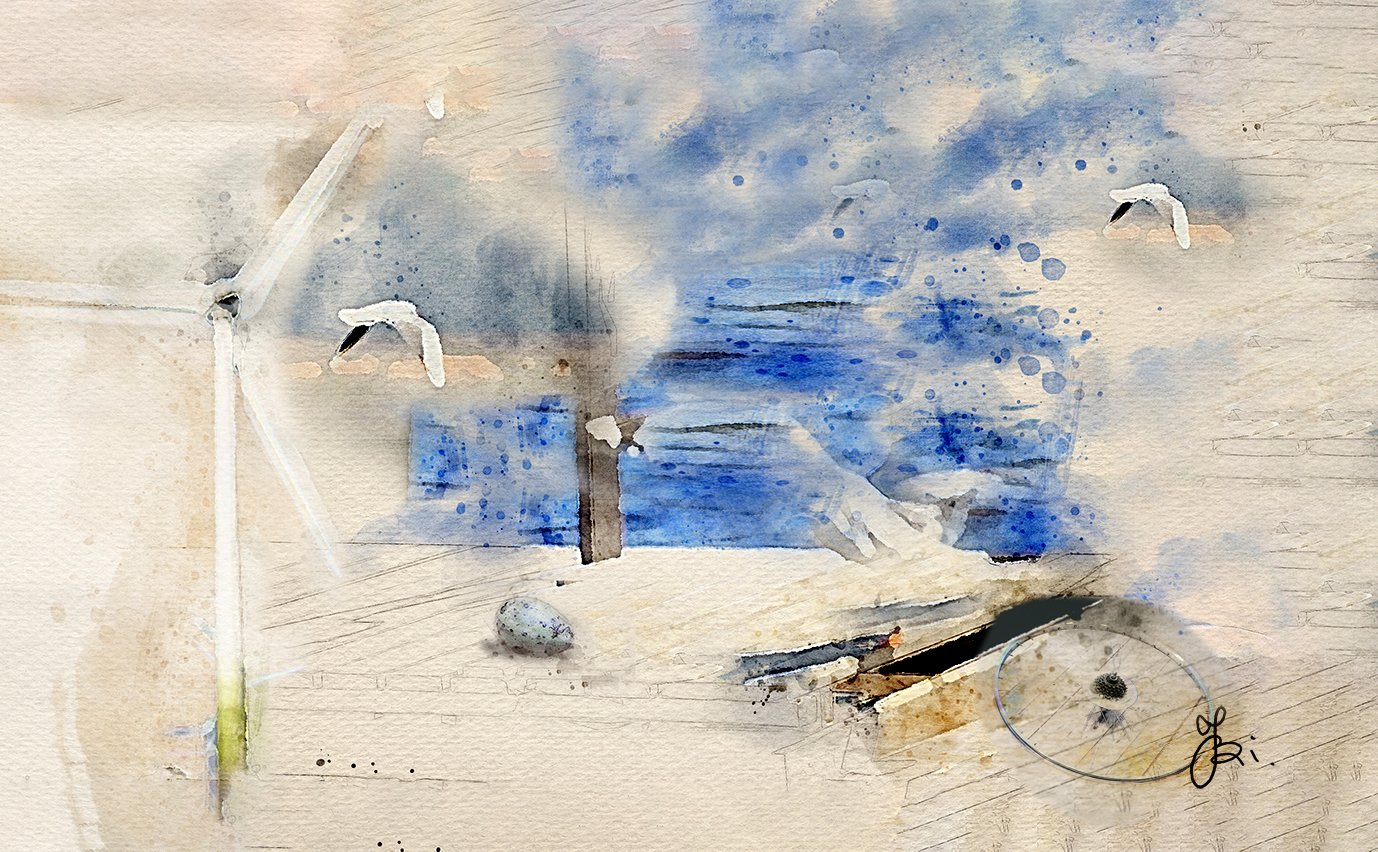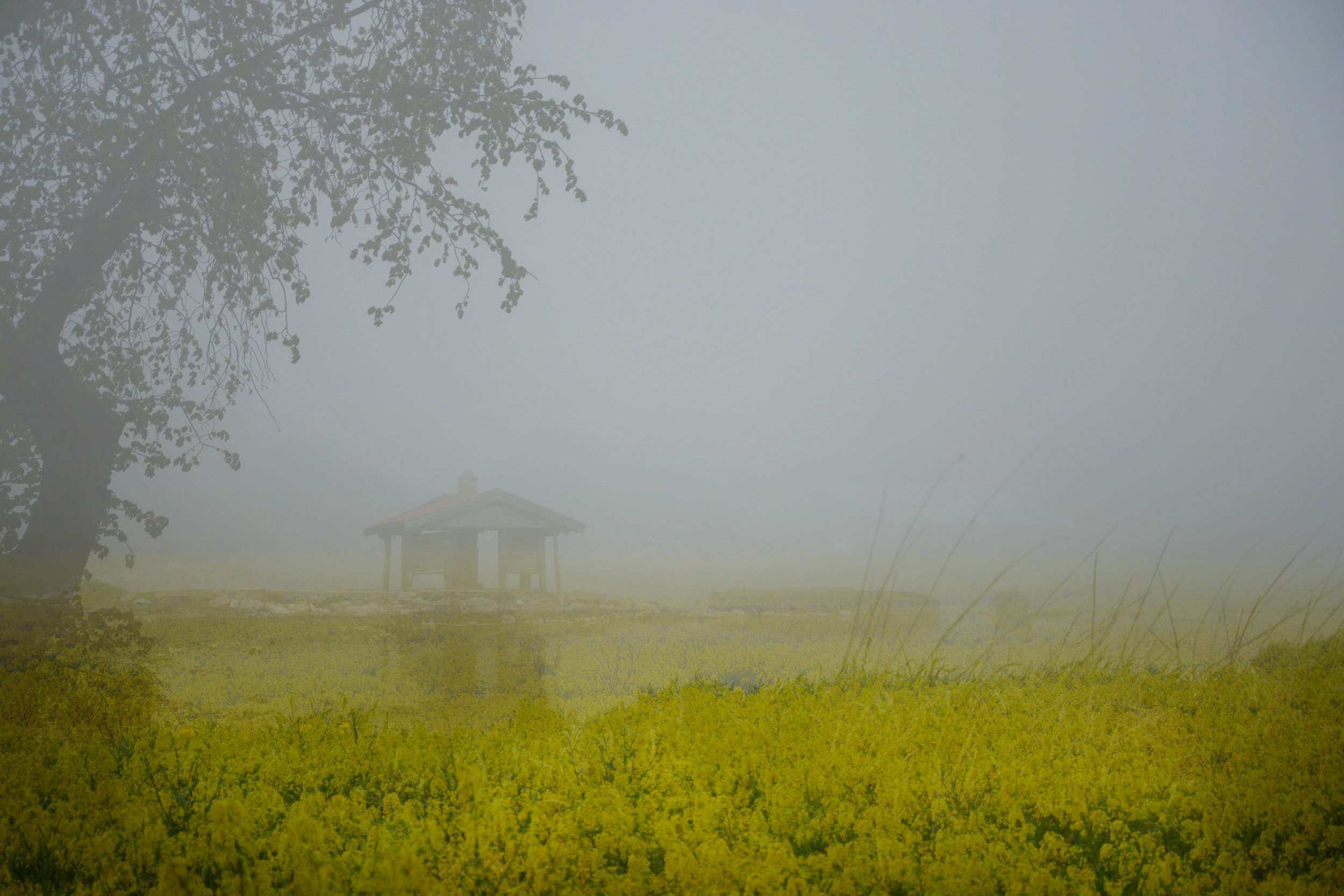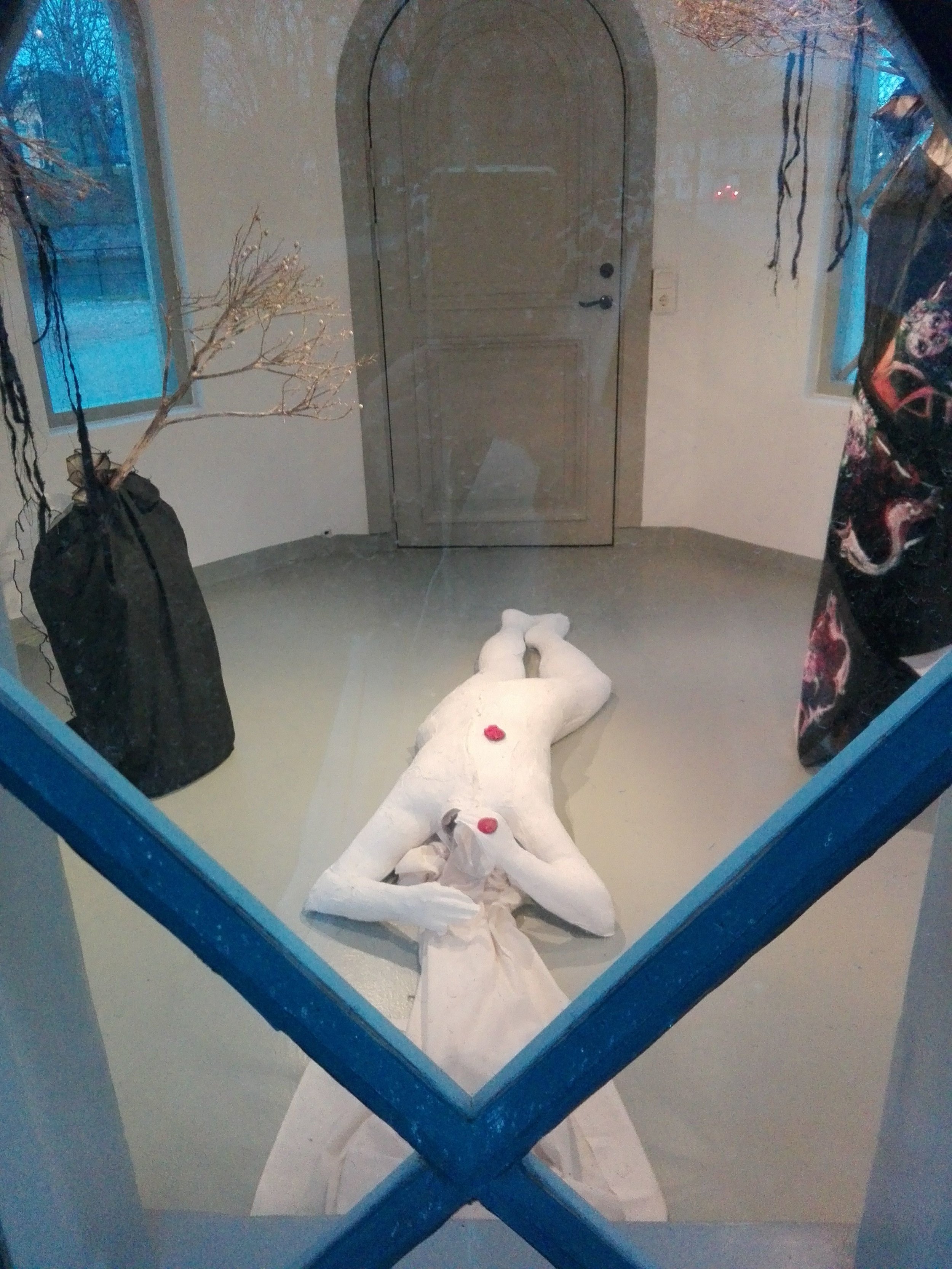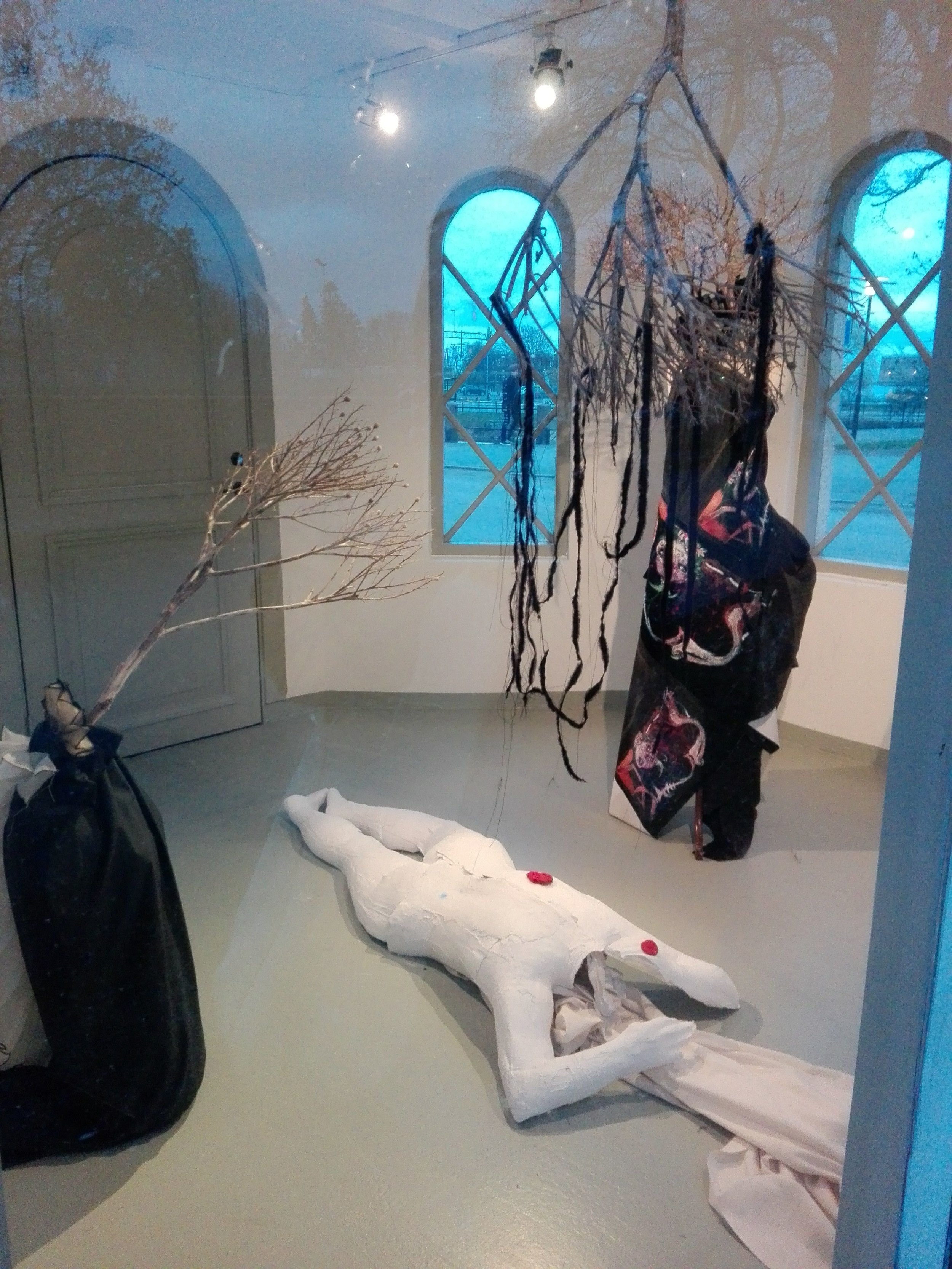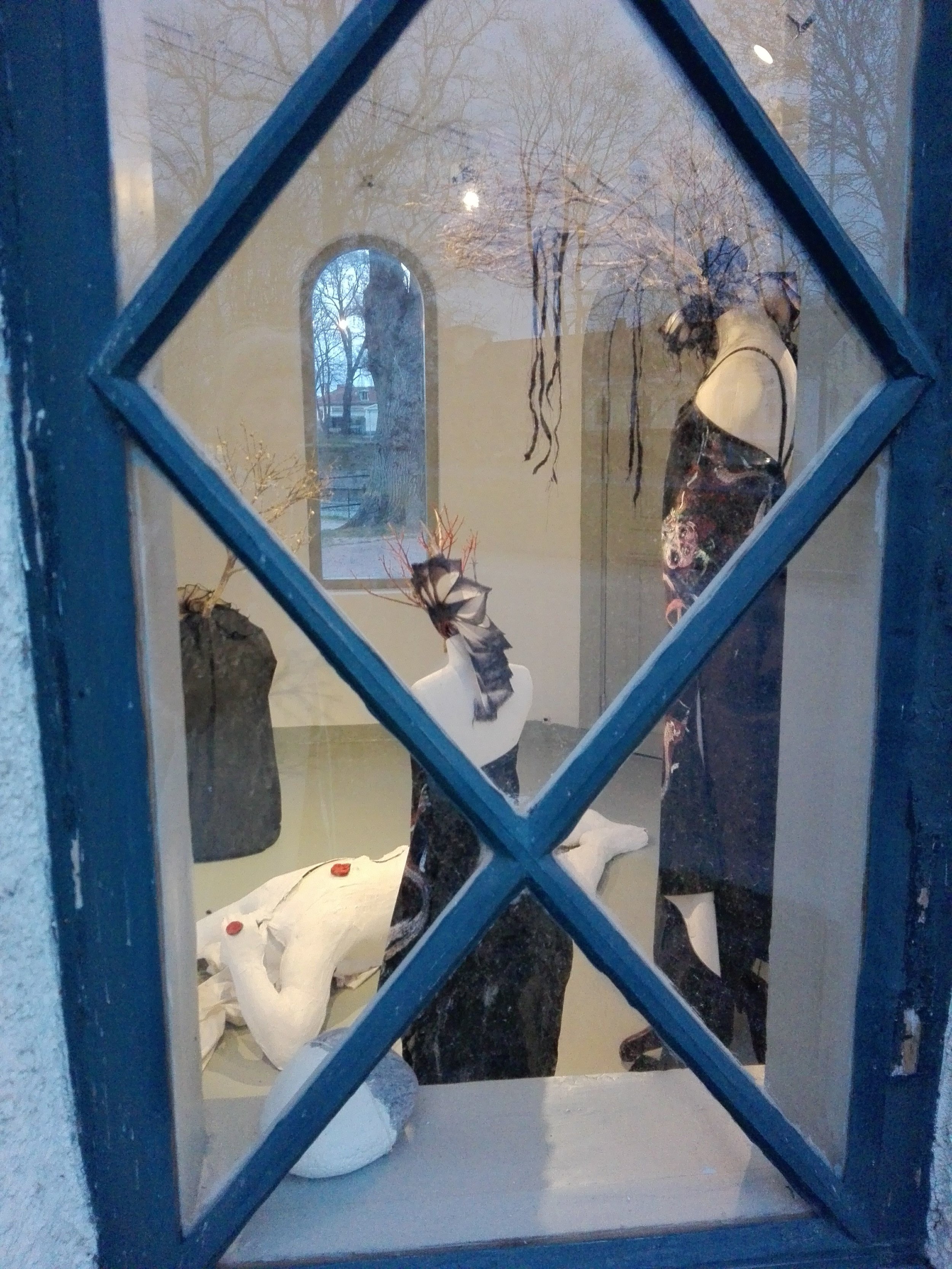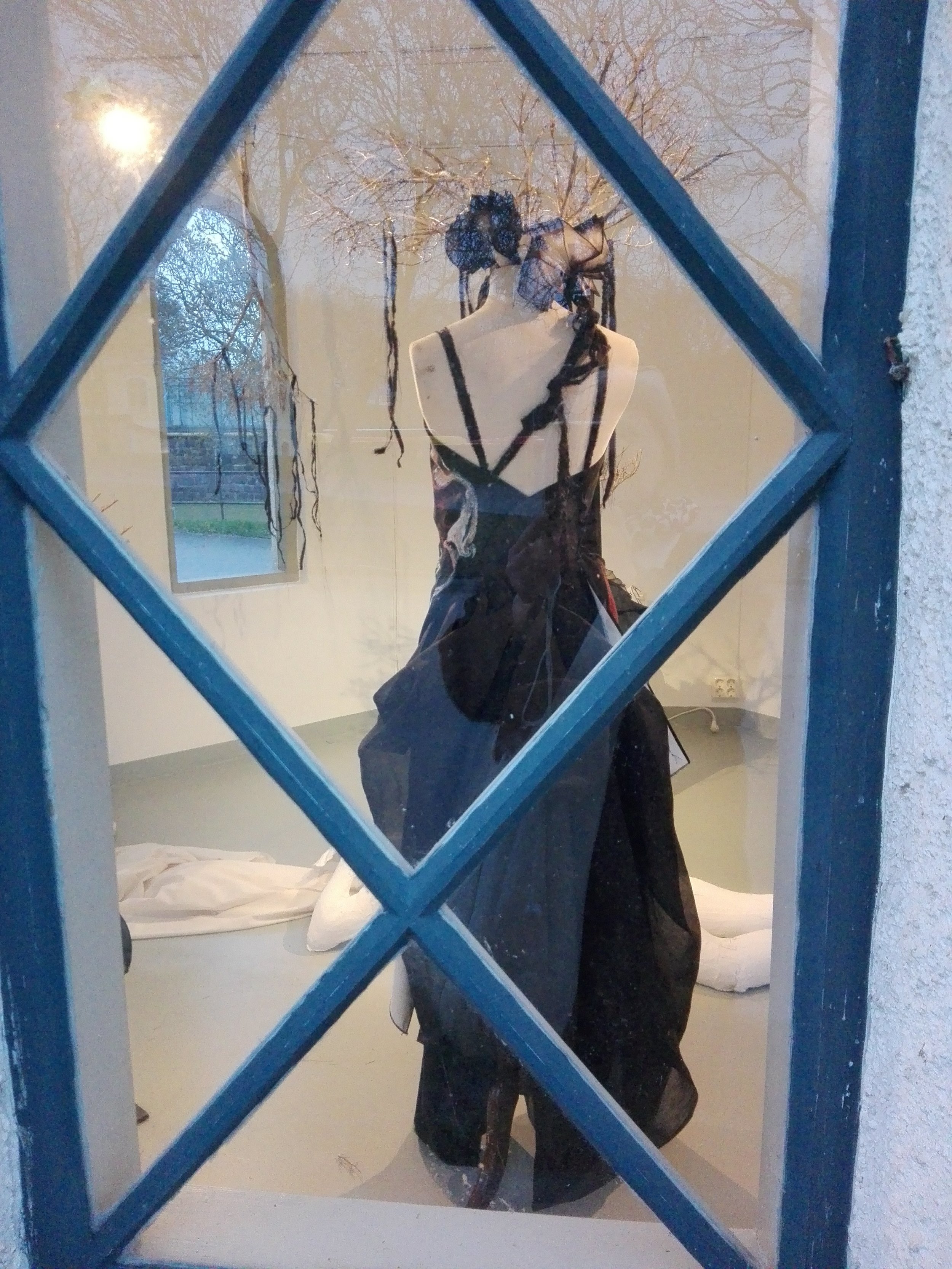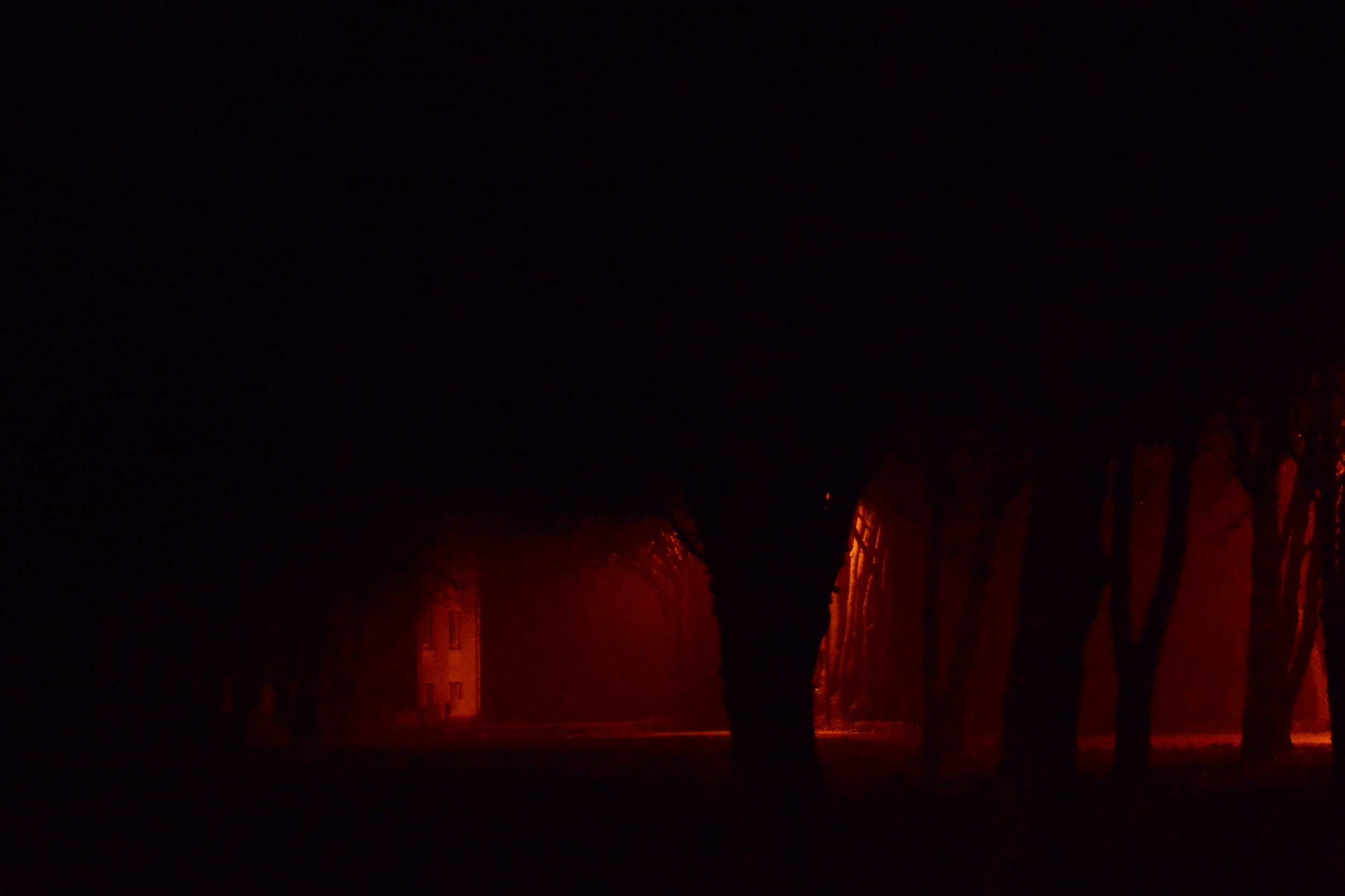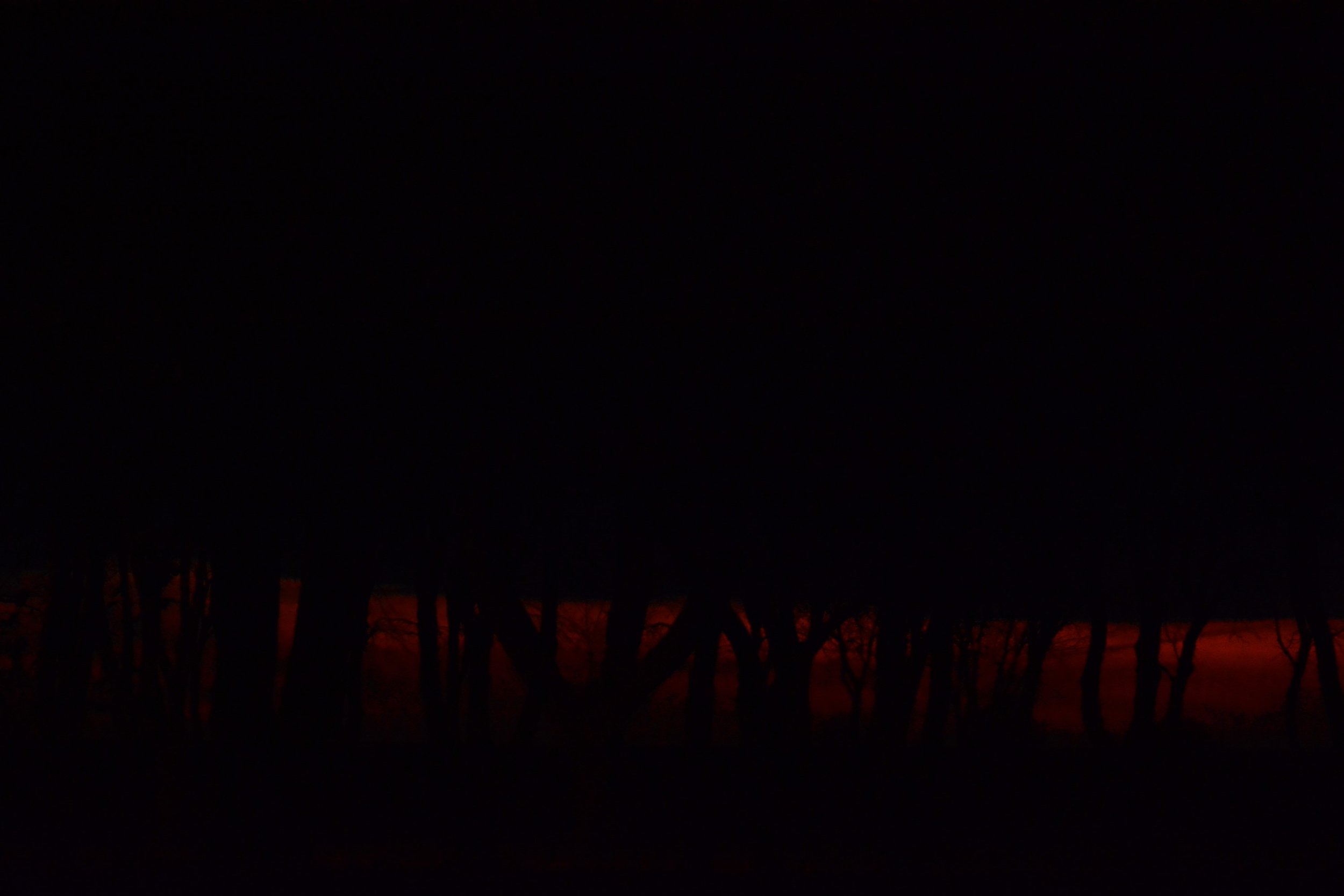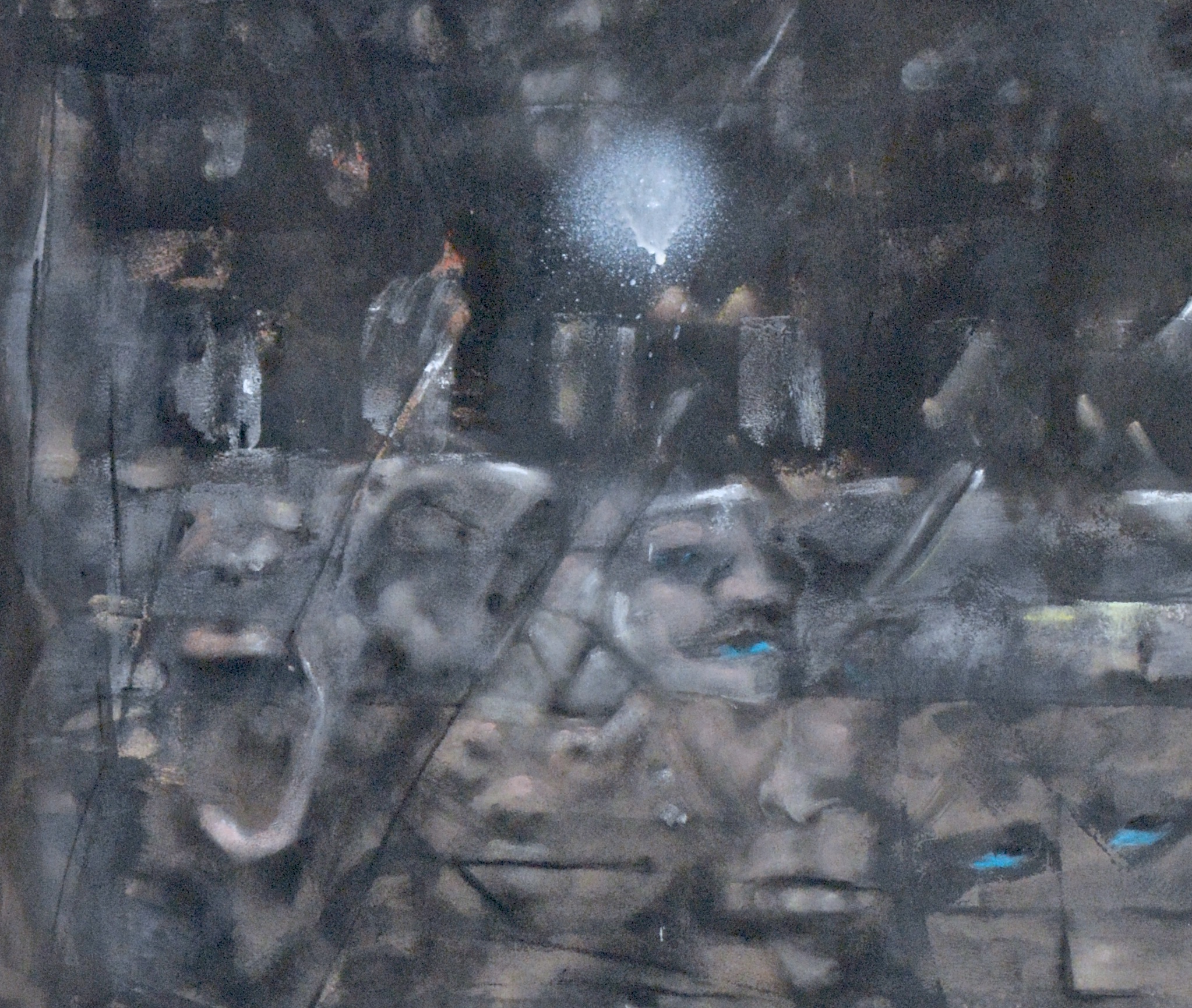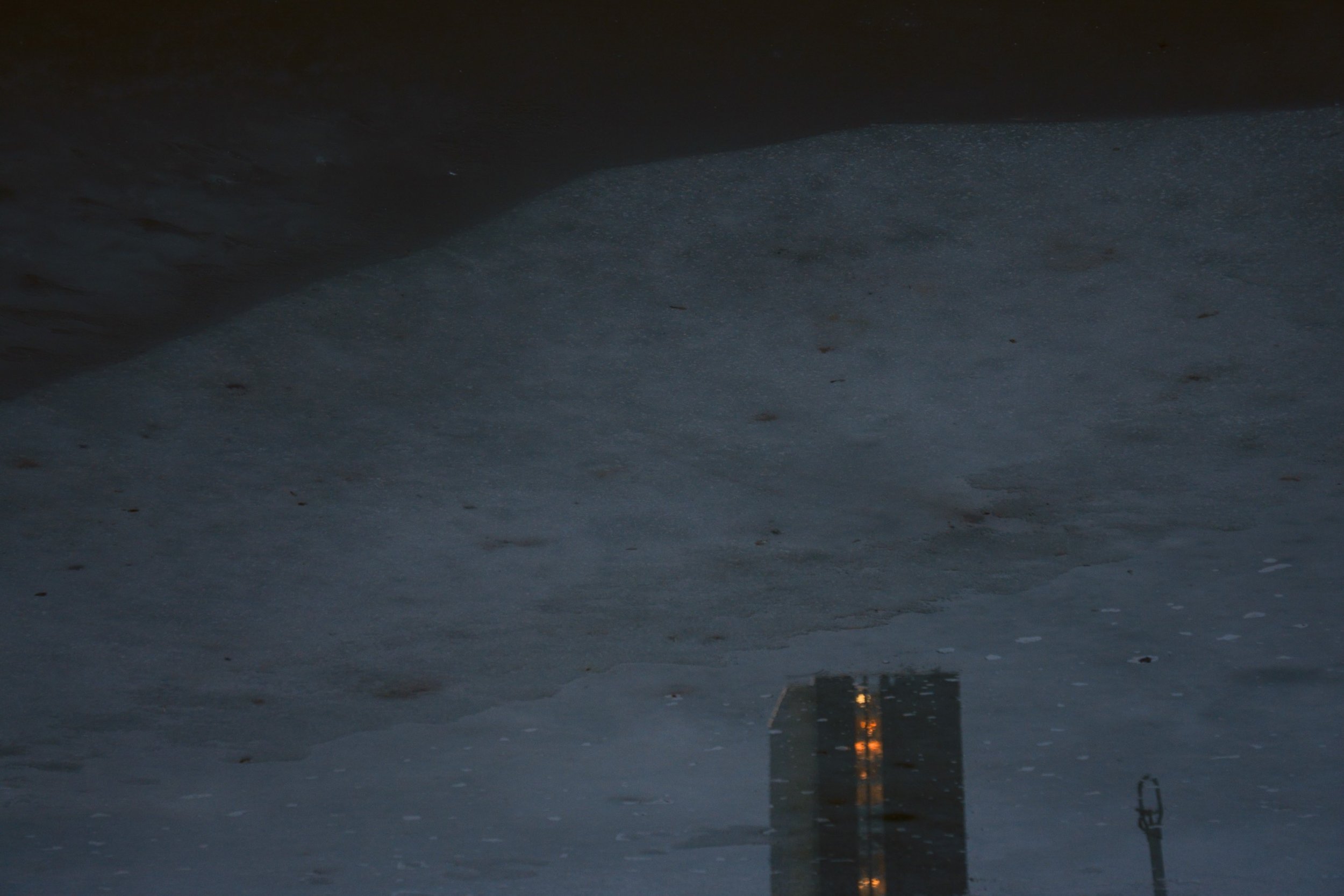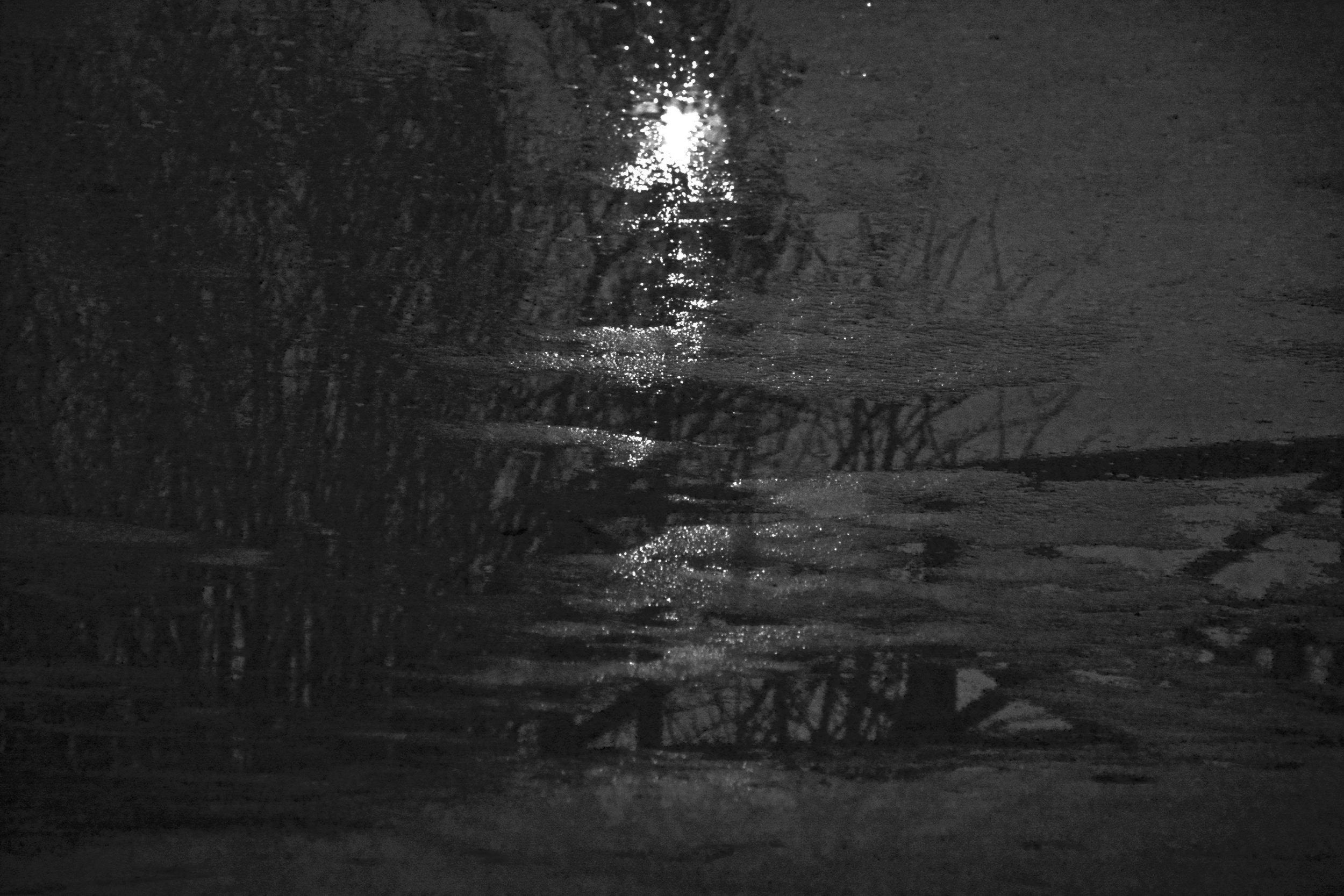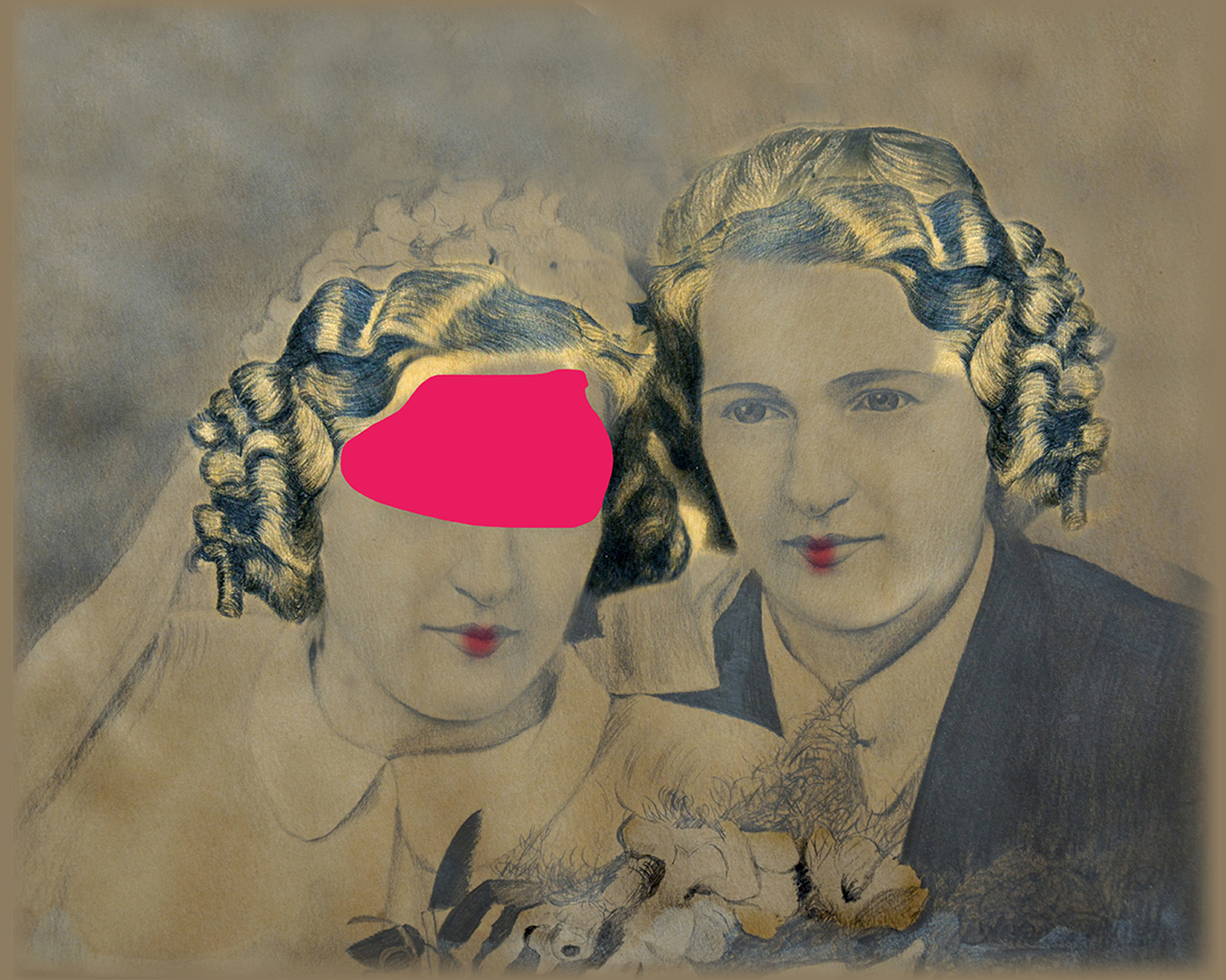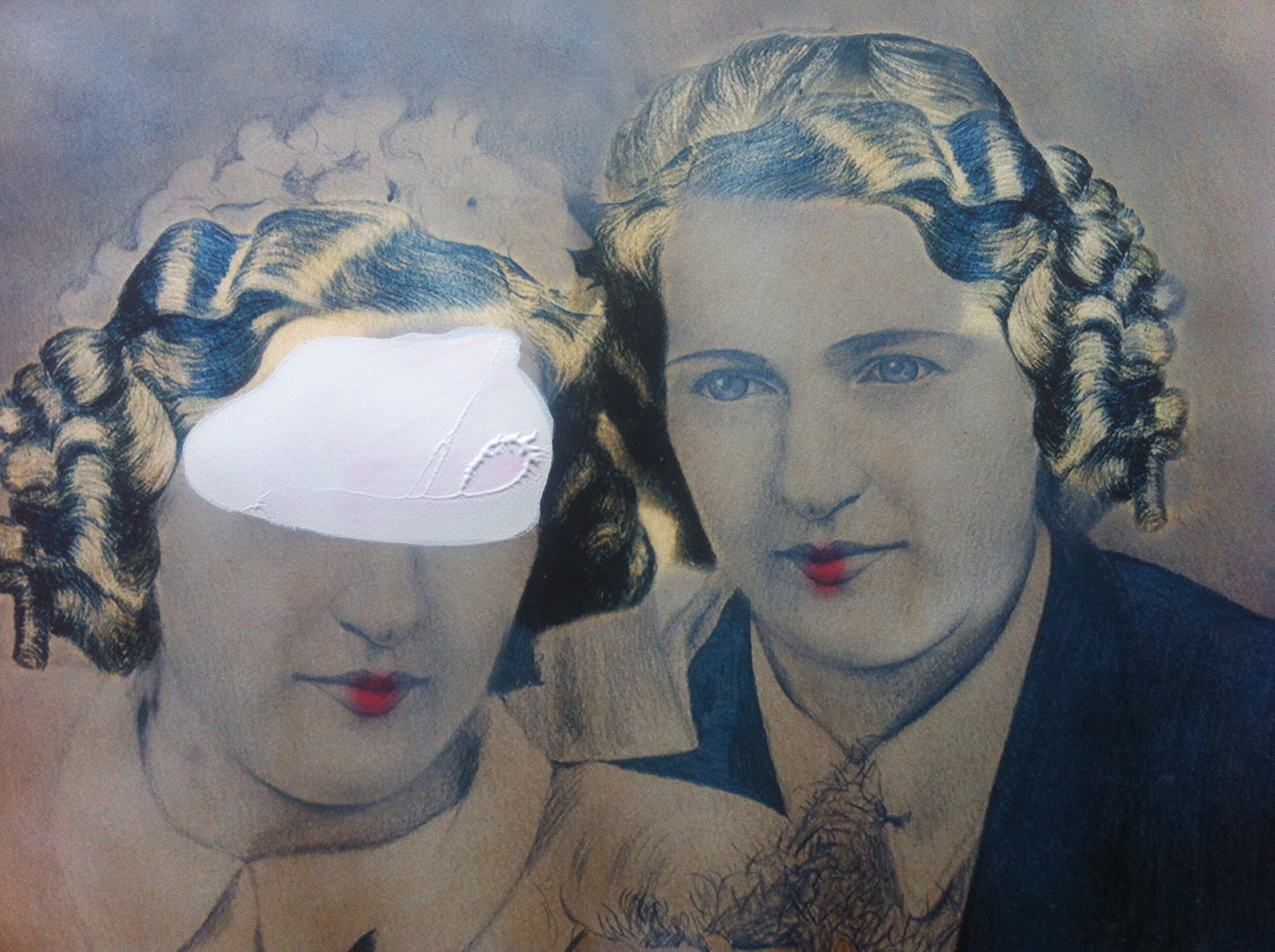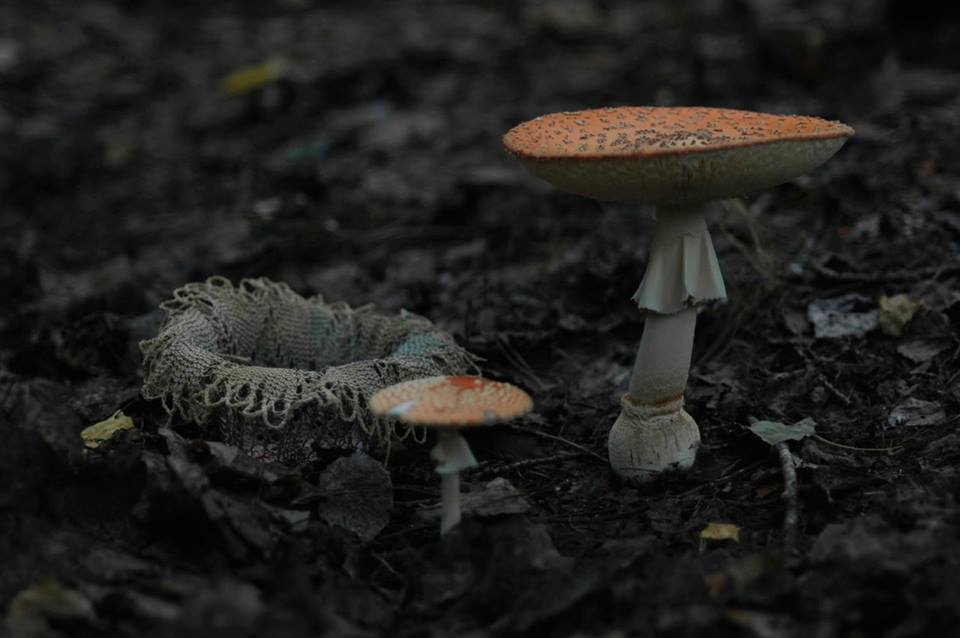Once upon a time,
long, long ago,
there were two brothers, the one rich and the other poor. When Christmas Eve came, the poor one had not a bite in the house, either of meat or bread; so he went to his brother, and begged him, in God's name, to give him something for Christmas Day. It was by no means the first time that the brother had been forced to give something to him, and he was not better pleased at being asked now than he generally was.
"If you will do what I ask you, you shall have a whole ham," said he. The poor one immediately thanked him, and promised this.
"Well, here is the ham, and now you must go straight to Dead Man's Hall," said the rich brother, throwing the ham to him.
"Well, I will do what I have promised," said the other, and he took the ham and set off. He went on and on for the livelong day, and at nightfall he came to a place where there was a bright light.
"I have no doubt this is the place," thought the man with the ham.
An old man with a long white beard was standing in the outhouse, chopping Yule logs.
"Good-evening," said the man with the ham.
"Good-evening to you. Where are you going at this late hour?" said the man.
"I am going to Dead Man's Hall, if only I am on the right track," answered the poor man.
"Oh! yes, you are right enough, for it is here," said the old man. "When you get inside they will all want to buy your ham, for they don't get much meat to eat there; but you must not sell it unless you can get the hand-mill which stands behind the door for it. When you come out again I will teach you how to stop the hand-mill, which is useful for almost everything."
So the man with the ham thanked the other for his good advice, and rapped at the door.
When he got in, everything happened just as the old man had said it would: all the people, great and small, came round him like ants on an ant-hill, and each tried to outbid the other for the ham.
"By rights my old woman and I ought to have it for our Christmas dinner, but, since you have set your hearts upon it, I must just give it up to you," said the man. "But, if I sell it, I will have the hand-mill which is standing there behind the door."
At first they would not hear to this, and haggled and bargained with the man, but he stuck to what he had said, and the people were forced to give him the hand-mill. When the man came out again into the yard, he asked the old wood-cutter how he was to stop the hand-mill, and when he had learned that, he thanked him and set off home with all the speed he could, but did not get there until after the clock had struck twelve on Christmas Eve.
"Where in the world have you been?" said the old woman. "Here I have sat waiting hour after hour, and have not even two sticks to lay across each other under the Christmas porridge-pot."
"Oh! I could not come before; I had something of importance to see about, and a long way to go, too; but now you shall just see!" said the man, and then he set the hand-mill on the table, and bade it first grind light, then a table-cloth, and then meat, and beer, and everything else that was good for a Christmas Eve's supper; and the mill ground all that he ordered. "Bless me!" said the old woman as one thing after another appeared; and she wanted to know where her husband had got the mill from, but he would not tell her that.
"Never mind where I got it; you can see that it is a good one, and the water that turns it will never freeze," said the man. So he ground meat and drink, and all kinds of good things, to last all Christmas-tide, and on the third day he invited all his friends to come to a feast.
Now when the rich brother saw all that there was at the banquet and in the house, he was both vexed and angry, for he grudged everything his brother had. "On Christmas Eve he was so poor that he came to me and begged for a trifle, for God's sake, and now he gives a feast as if he were both a count and a king!" thought he. "But, for heaven's sake, tell me where you got your riches from," said he to his brother.
"From behind the door," said he who owned the mill, for he did not choose to satisfy his brother on that point; but later in the evening, when he had taken a drop too much, he could not refrain from telling how he had come by the hand-mill. "There you see what has brought me all my wealth!" said he, and brought out the mill, and made it grind first one thing and then another.

